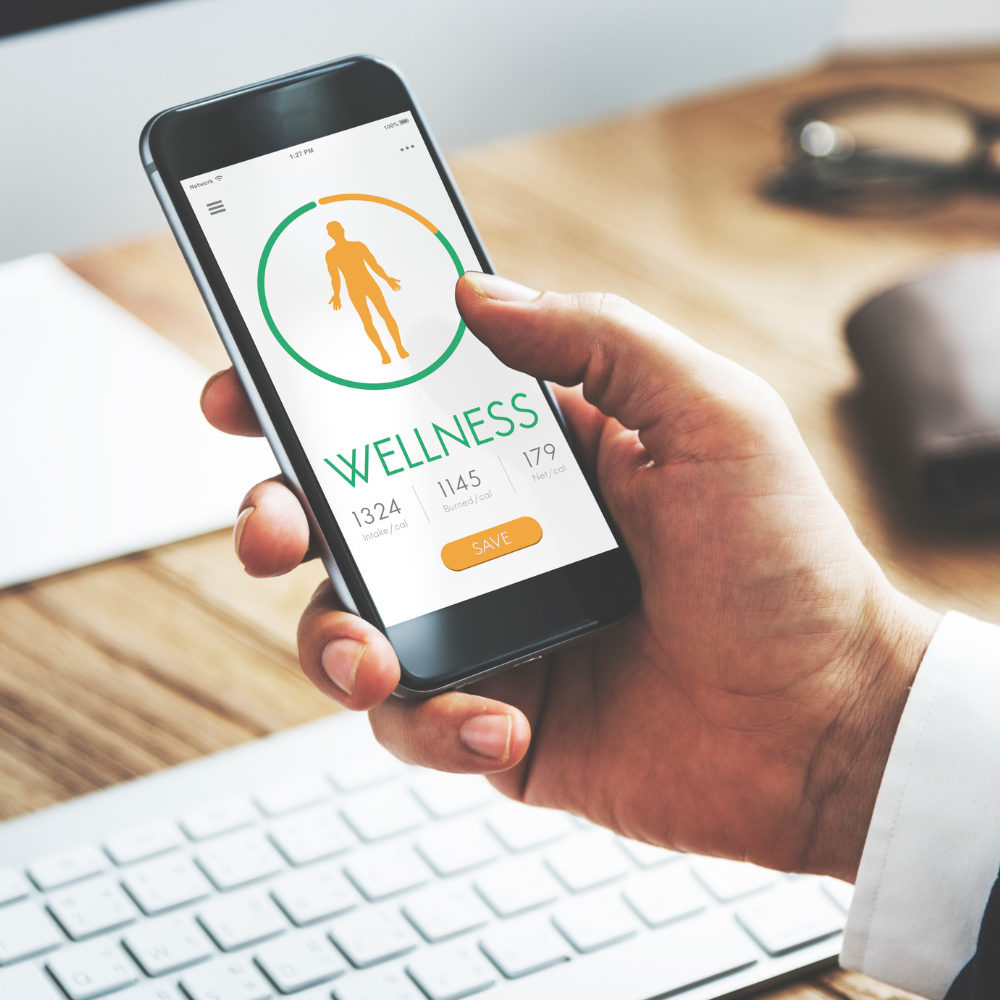Revolutionizing Healthcare: The Power of Mobile Patient Registration

The healthcare sector has consistently strived for efficiency and excellence, especially in how patients experience their care journey. With the advancement of technology, mobile patient registration has emerged as a transformative solution, significantly simplifying the patient processing system. This innovative approach not only streamlines administrative tasks but also enhances patient satisfaction by minimizing wait times and reducing paperwork.
The Traditional Challenges
Historically, patient registration has been a bottleneck in the healthcare delivery process. Upon arrival, patients faced stacks of paperwork, leading to significant delays and a less-than-ideal start to their healthcare experience. This paper-based process was not only time-consuming for the patients but also for the administrative staff, who had to manually enter data into hospital systems, increasing the risk of errors. Moreover, the repetitive task of filling out forms could lead to inconsistencies and inaccuracies in patient data, potentially impacting clinical decisions.
Mobile Registration: A Step Towards Digital Transformation
Mobile patient registration represents a pivotal shift towards digital transformation in healthcare. By allowing patients to register using their smartphones or tablets, hospitals and clinics can dramatically reduce the administrative load on front-desk staff and streamline the entire admission process. This approach leverages the ubiquity and familiarity of mobile devices, making it accessible and user-friendly for most patients.
Enhanced Patient Experience
One of the most significant advantages of mobile patient registration is the enhancement of the patient experience. Patients can complete necessary forms at their convenience, perhaps at home before their appointment, thereby reducing stress and wait times when they arrive at the facility. This not only speeds up the check-in process but also allows healthcare staff to greet patients with more focus on their needs rather than paperwork. Additionally, by minimizing the time spent on administrative tasks, healthcare providers can allocate more time to patient care, thereby improving overall service quality and patient satisfaction.
Improved Data Accuracy and Accessibility
Mobile patient registration improves the accuracy of patient data, as it reduces the likelihood of errors that often occur during manual data entry. Patients inputting their own information eliminates a layer of potential error, leading to more accurate medical records. Furthermore, this data is instantly accessible in the digital system, which can be crucial during emergencies or when quick medical decision-making is required. This seamless flow of information also facilitates better coordination among different healthcare providers, ensuring that everyone involved in a patient’s care has the most up-to-date information.
Cost Efficiency and Environmental Benefits
Implementing mobile patient registration can lead to significant cost savings for healthcare facilities. The reduction in paper use not only cuts costs but also supports environmental sustainability initiatives—a growing concern in many sectors, including healthcare. Additionally, the decreased need for administrative resources can allow hospitals to reallocate funds towards improving clinical services or investing in other technology enhancements.
Security and Compliance
With the increase in data breaches and cybersecurity threats, the security of patient information is paramount. Mobile registration systems are designed with robust security features to protect sensitive patient data. These systems comply with healthcare regulations such as HIPAA in the United States, ensuring that patient information is handled securely and with the utmost privacy.
Future Implications
As more healthcare facilities adopt mobile patient registration, we can expect further innovations and improvements in this technology. Features like real-time insurance verification, integration with electronic health records (EHRs), and even AI-driven personalization of patient care are on the horizon. These advancements promise to further enhance the efficiency of patient processing and the quality of healthcare delivery.
Conclusion
Mobile patient registration is more than just a technological advancement; it is a fundamental shift in how healthcare facilities manage patient intake and data management. By embracing this innovative approach, healthcare providers can significantly enhance patient satisfaction, reduce operational costs, and improve the quality of care. As this technology continues to evolve, the potential to transform healthcare processes grows, making healthcare more accessible, efficient, and patient-centered than ever before.






